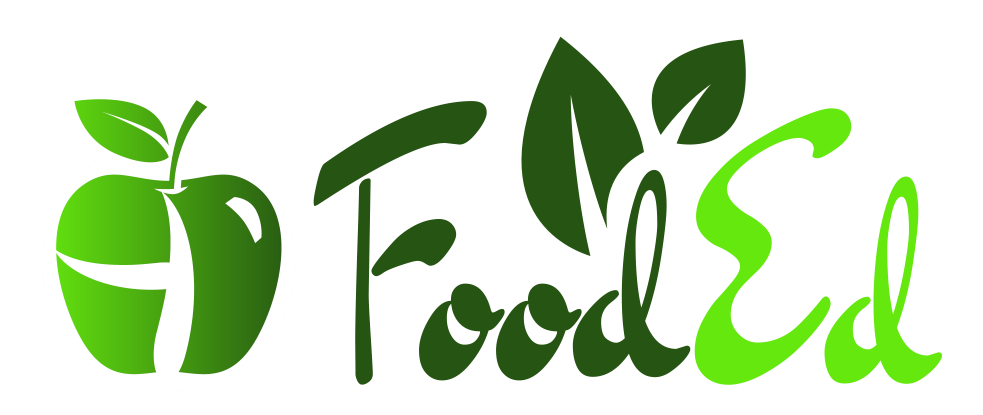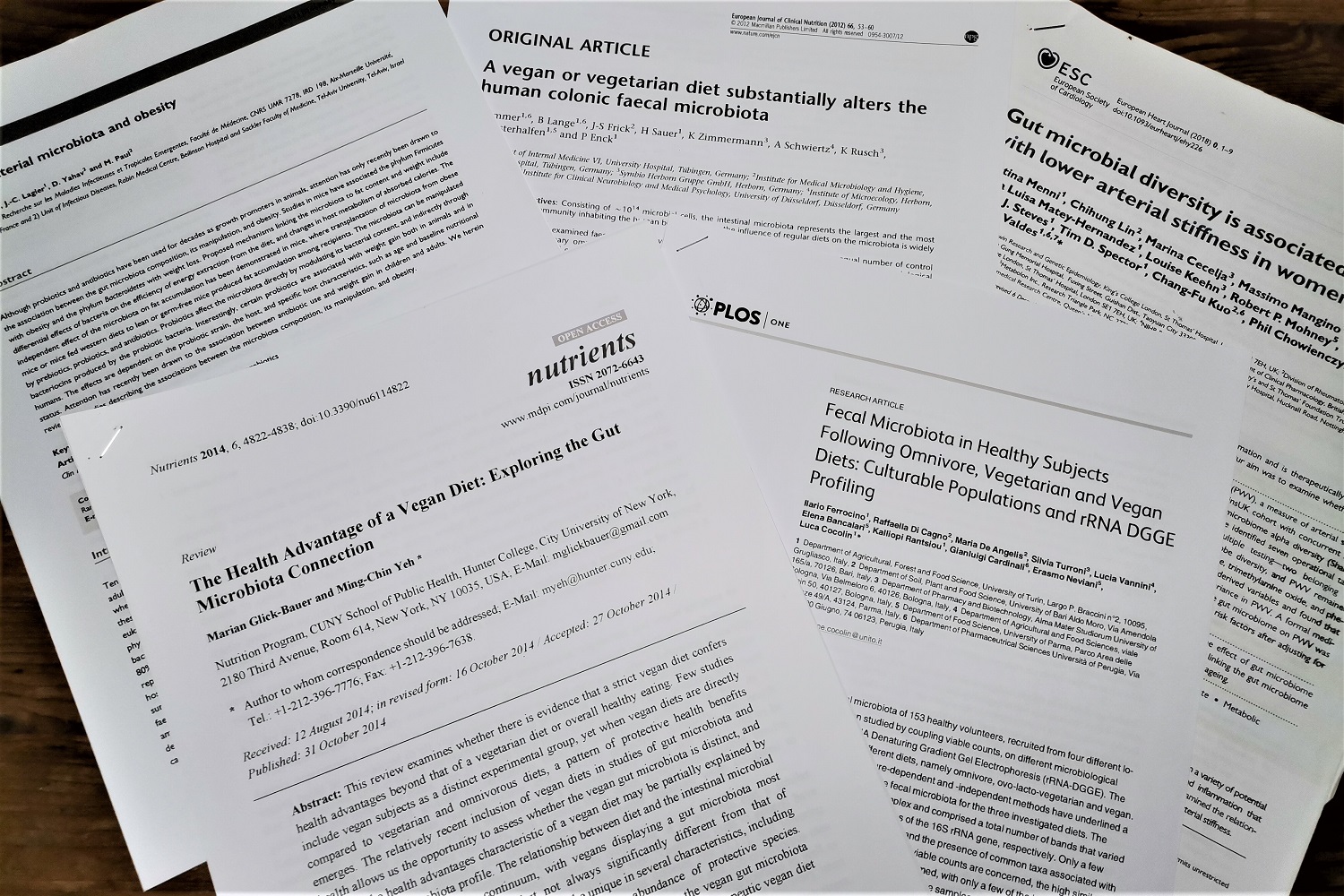The microbiota is the name for the community of microorganisms that live inside of us. The term microbiome is used when referring to the genetic code of the microbiota. We have approximately 37 trillion (12 zeroes) microorganisms living in our gut of which around 70% resides in your large intestine. They add around 2 kilograms of weight to your body.
The microorganisms in the gut can be divided into 5 groups, which are bacteria, yeasts, parasites, viruses, and archaea. Bacteria are single celled organisms and yeasts are multicellular organisms. Parasites are a type of organisms that steal energy from the host and try to remain undetected with no benefit for the host. Viruses are tiny particles of DNA or RNA that don’t have a cellular structure and the archaea are a group of very ancient organisms. Archaea are anaerobic organisms that were already on the planet before there was oxygen. They are very resilient organisms that are not as easily manipulated by diet as the rest of your microbiota.
The main function of the colon or large intestine is to reabsorb around 80% of the fluids from the chime and push the remaining stool towards the exit. The microbes in the gut are busy digesting any remaining food particles and dietary fiber that pass through our small intestine. What you eat has a direct effect on the microbes residing in your gut. On average, humans eat around 1.5 Kg. per day, and in these 24 hours you go through some 50 generations of bacteria. The final stool actually consists for some 60% out of these bacteria.
The microbiota has a big effect on your overall health which goes far beyond your digestion and affects all the 5 pillars of human health. As some 70% of your immune system is in your gut, the microbiota regulates your immune response and with all autoimmune disorders we see that there is a dysbiosis in the gut. The other pillars of your health that are affected by your microbiota are your cognition, your gene expression, and your hormonal balance.
90% of Serotonin, the neurotransmitter that is being associated with depression, is made in your gut, and around 50% of dopamine, the feel-good hormone, is produced in your gut. There are certain bacteria in your gut that secrete an enzyme that activates estrogen, and in this way control your estrogen levels. Too high levels of estrogen could lead to endometriosis or breast cancer and too little could for example cause PCOS (polycystic ovarian syndrome). Other bacteria can convert glucocorticoids like cortisol into androgens, the male hormones.
The life of your microbiota already starts in utero in the womb, where there are some bacteria transmitted to the fetus through the placenta. This is thought to jump-start the microbial growth during and after birth. If you are a born naturally, you have come into contact with feces and vaginal fluids which contain the bacteria that will find their way to the intestines. We see that people who are born through a C-section, and don’t come into contact with these bacteria, are more likely to develop allergies and obesity. Human breast milk is also beneficial for the development of the microbiota of the newborn, as it contains indigestible sugars which are a food source for the gut bacteria.
The best way to nurture the healthy bacteria in your gut is to have a diet that is high in fiber. Fiber is strictly found in plant foods, there are some 300.000 edible plants which probably have a million types of different fiber. Fiber can be divided into soluble and insoluble fiber, which are 2 huge categories and most plants contain both. The microbes in your gut produce some 60.000 different enzymes to digest this fiber, compared to the human body which only produces 17 of these enzymes. The best predictor of a healthy gut microbiota is the variety of different plants that are in your diet, as more variety gives you more different types of fiber and each fruit and vegetable comes with its own microbiome. An apple for example has some 100.000.000. microbes in its microbiome. Because the microbiome is like a fingerprint and is different for each person, and thus this diversity of plants can look different for each person.



